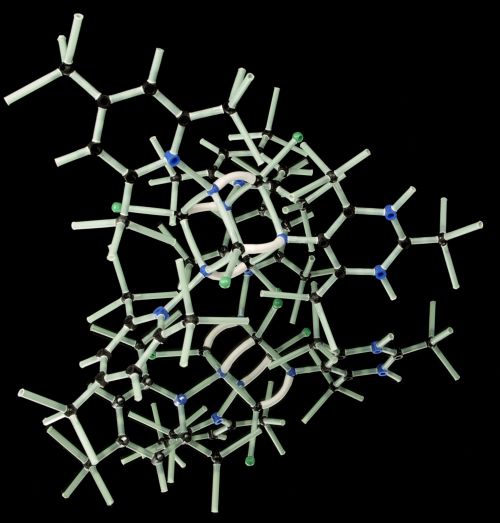Many people will say that addiction runs in the family. There are plenty of individuals in the world who refrain from drinking because a parent, sibling, or member of their extended family dealt with drinking and drinking to excess. This poses the question for some: Is there a genetic component to alcoholism? Let’s find out.
Is There an Alcohol Gene?
“Research shows that genes are responsible for about half of the risk for AUD. Therefore, genes alone do not determine whether someone will develop AUD. Environmental factors, as well as gene and environment interactions, account for the remainder of the risk.” – National Institute of Alcohol Abuse and Alcoholism, Maryland, USA.
According to the National Institute of Alcohol Abuse and Alcoholism, genetics only make up half of the population who are managing alcoholism. It is safe to say that there is in fact an alcohol gene. Parents and family members can pass the gene on to other generations. However, it should also be noted that if someone has the alcohol gene they can also refrain from drinking or turn out to be responsible drinkers. Not everyone with the gene will become an alcoholic.
If You Don’t Have the Gene, How Do You Become An Alcoholic?
Centers like the Louisville Addiction Treatment Center see patients every day who have no history of alcoholism in their family. So it poses the question, “Where does their alcoholism come from?”
Alcoholism can be triggered by a number of factors, and your environment is one of them. People who work in high-stress jobs tend to turn to alcohol to calm their anxieties. It should be noted that as a drug, alcohol falls under the category of depressants. In other words, it calms you down.
People who work around alcohol like bartenders and hospitality workers tend to drink more than other professions. People who have stressful home lives may turn to wine or spirits to escape. All of these instances can cause a person to become dependent on alcohol to cope with the daily grind of life. Eventually, they will be categorized as alcoholics.
How Can You Stop Alcoholism?
Alcoholism cannot necessarily be stopped, but it can be managed. The best way to manage alcoholism is to get help and admit yourself to a recovery program. When you are among those who have the skill set and the know-how to help you face your addiction head-on, you have a much better chance of beating your addiction.
It should be remembered that addiction is a disease and nothing to be ashamed about but addiction can kill you. In fact, addiction is deadly and fatal. Getting help can save your life. Having support around you like your family and friends can be what you need to get better. If going away to be alone to heal does not work for you, there are outpatient programs available and telehealth options available so you can be home and get better.
What Do I Do If I Think I Am An Alcoholic?
If you suspect that you may have a serious problem with alcohol, the first thing to do is tell someone. Whether you attend an Alcoholics Anonymous meeting, tell a friend, a family member, or someone else you trust, start the conversation. It is a long road to admitting that you have a problem. Stating your name and saying that you are an alcoholic does not come easy, and that’s okay. Talking to your loved ones about it can put you on the right road.
What Do I Do If I Have the Alcohol Gene?
As stated earlier, only 50% of people with the alcohol gene become alcoholics. You know yourself better than anyone else, so if you feel your personality is addictive enough that you may cross a line where alcohol becomes a problem for you, then you can take preventative measures to ensure that you don’t fall prey to the negative effects of alcoholism.
People with addiction problems tend to swap one addiction for another. Start working on healthy habits to become fixated on. This will keep you focused and away from alcohol.
Also, refrain from using alcohol. If you don’t think you’ll be able to handle it, then don’t start. Keep it out of your lifestyle. Finally, you are more than welcome at AA meetings where you can talk about your fears and be a part of a group that understands and can help you stay away from alcohol.

